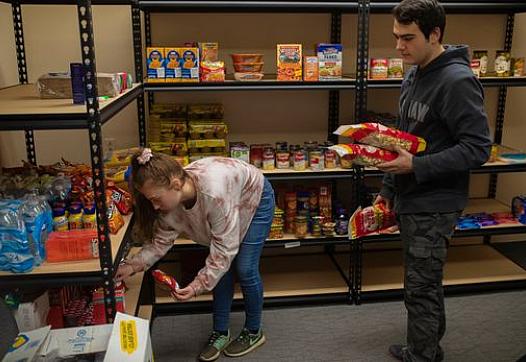
Since 2016, more than a dozen grocery stores have closed citywide, often abandoning neighborhoods that already had some of the worst options for fresh food.

Since 2016, more than a dozen grocery stores have closed citywide, often abandoning neighborhoods that already had some of the worst options for fresh food.
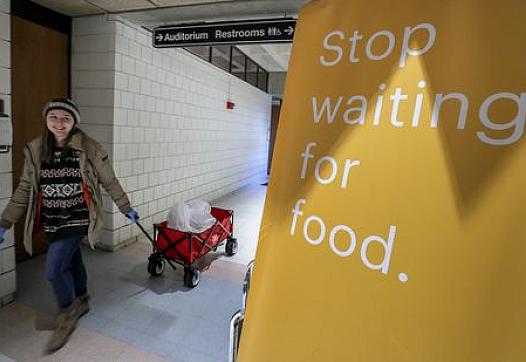
Across the country, students from low-income households are enrolling in college at increasing rates — with 39 percent of undergraduates falling at or below 130 percent of the federal poverty line in 2016, according to data from the National Postsecondary Student Aid Study.

This story was produced as part of a larger project led by Nikie Johnson, a participant in the USC Center for Health Journalism's 2018 Data Fellowship....

Last week, the Courier Journal published a series of stories that explored food access in Louisville. The articles showed how inadequate access to groceries can lead to health disparities in predominantly low-income neighborhoods.
This story follows up on a series of articles that explained how food access issues arise and how the Louisville community is pursuing long-term change.
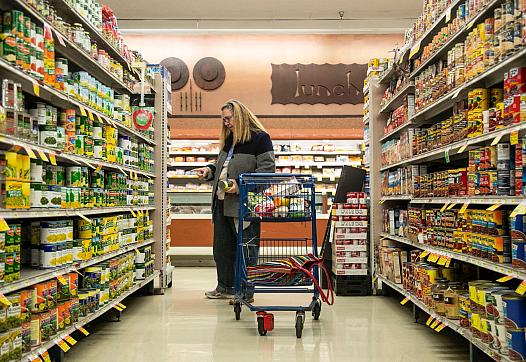
Across Louisville, more than 44,000 people live within food deserts, meaning they can't easily get healthy, affordable food. Here are some key takeaways from The Courier Journal's coverage of the issue.
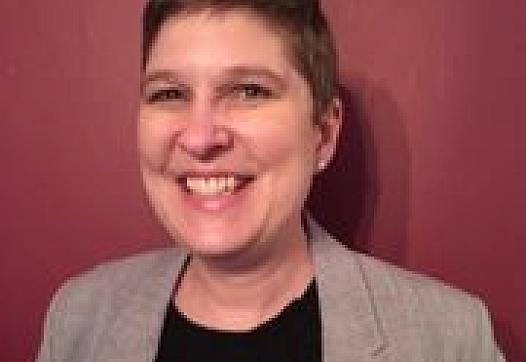
The resurgence in the Louisville business community’s interest in socially responsible companies is evident in the popularity of Canopy, a new initiative to foster businesses that do good as an integral part of their overall mission.
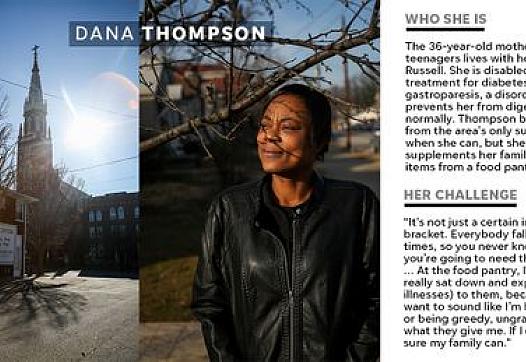
About two years ago today, the Kroger Co. announced its decision to close the only full-service grocery store in downtown Louisville. Overnight, thousands of Louisvillians —many of them struggling with limited resources — were left without a place nearby to purchase basic necessities.
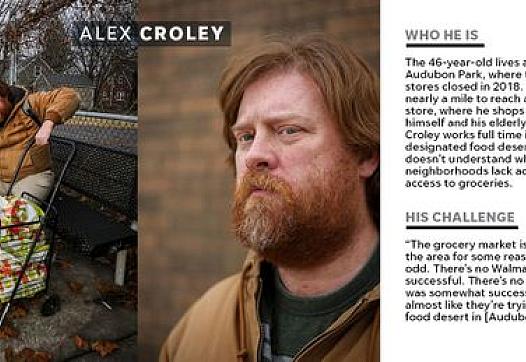
Could the University of Louisville develop a research grocery store where students test business practices while residents have a place to shop?
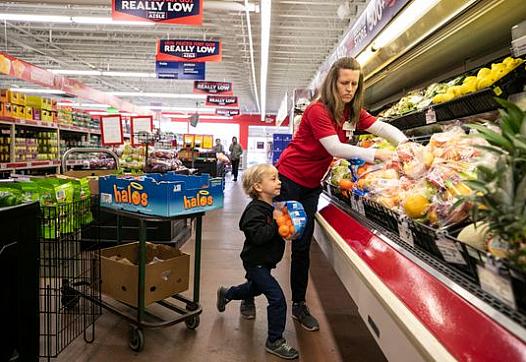
In Louisville's Hazelwood neighborhood, where a third of the residents live in poverty, an urban farm has grown from the site of a former low-income housing complex.